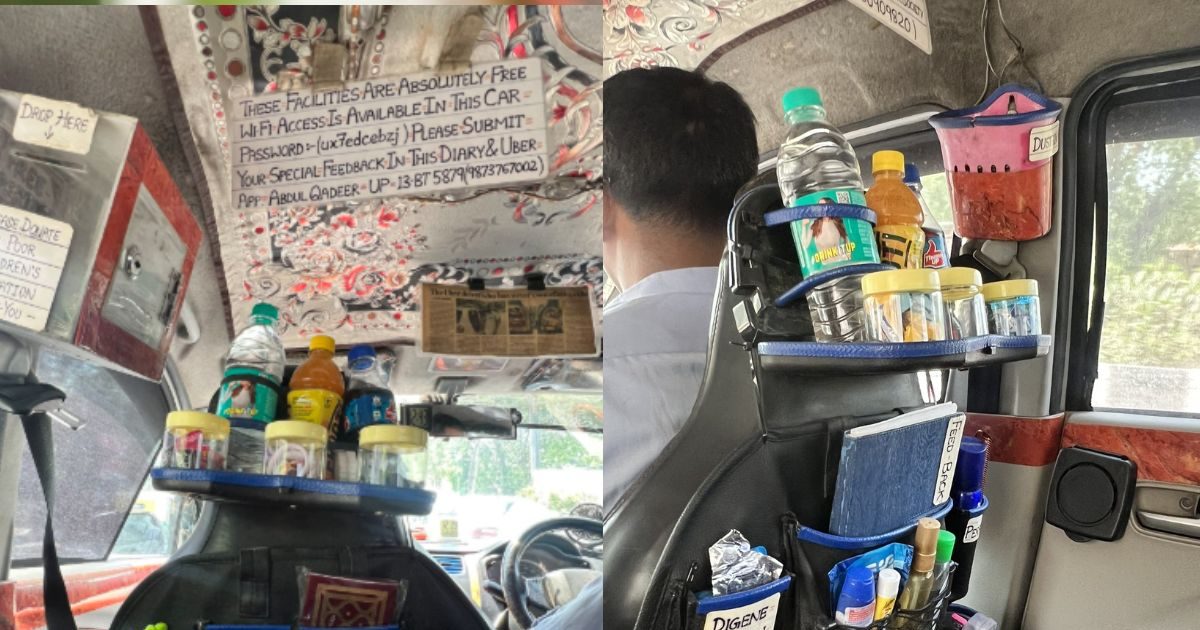
Union Minister Ashwini Vaishnaw at the briefing on Cabinet decisions on April 30, 2025.
| Photo Credit: Shiv Kumar Pushpakar
While announcing that the Union Cabinet has decided to enumerate caste in the next Census, Union Minister Ashwini Vaishnaw made it a point to argue that the 2011 Socio-Economic and Caste Census (SECC) and caste enumeration exercises conducted by State governments were just “surveys”.
“The Census is a Union subject, but some States have done it (caste enumeration). Some States had done it well, while some States have done this purely from a political angle in a non-transparent manner,” Mr. Vaishnaw said at the Union Cabinet briefing, in a reference to Bihar, Karnataka and Telangana governments which have tried to enumerate caste.

The Union government is considering codifying a list of castes and sub-castes to ensure the number of castes is not as unwieldy as it was in the 2011 SECC.
The Bihar, Karnataka, and Telangana goverments had all drawn up a list of castes and communities, while leaving room for people to identify with communities that might not be on the list. For instance, Bihar had 214 entries in the list of castes, Karnataka had over 1,300 and Telangana had over 200. All three States used their respective State list of castes, sub-castes, and communities to arrive at the list for enumeration.

While the SC and ST lists for each State are singular and decided upon by Parliament, Socially and Economically Backward Classes (SEBCs) and Other Backward Classes (OBCs) are categorised separately by State and UT governments as well. The Central list of OBC lists 2,650 communities across the country while an independent analysis of State OBC lists showed over 3,651 communities categorised as such.
The Bihar government began conducting a caste-based survey in 2022, announcing its report about a year later; the Telangana government announced its decision to undertake a survey in January 2024 and announced its completion in about a year as well. In Karnataka’s case, the survey was conducted in 2015 when the State was run by a Congress-led government, and a report based on the data collected then was finalised and submitted to the government only in 2024.

The Bihar survey covered 13.07 crore people across the State, which is slightly higher than what its population was projected to be in 2023, according to Government of India estimates. The Telangana survey covered 3.54 crore people, which comes to about 92.91% of the State’s projected population at the time. Karnataka’s survey covered a total of 5.98 crore, almost 95% of the then-projected population of the State.

Findings challenged
However, the findings of the caste enumeration exercise in each of these States have been challenged by Opposition leaders and certain communities alike. In Bihar and Karnataka, one of the criticisms was that the survey did not cover all of the population. Both the Karnataka and Telangana surveys have been questioned for their estimates of Backward Classes population, with accusations of an undercount.
Mr. Vaishnaw also stressed that the Narendra Modi-led government would conduct this exercise “transparently”. None of the States that have so far tried to enumerate caste and their respective populations have made the entirety of the reports and data public. All three governments had tabled reports on the survey exercise in their respective Assemblies or before the State Cabinets. But apart from the population of each caste, and their percentage in comparison to the State’s population, not much else from the surveys have been made public.
Published – April 30, 2025 10:41 pm IST


Leave a Comment